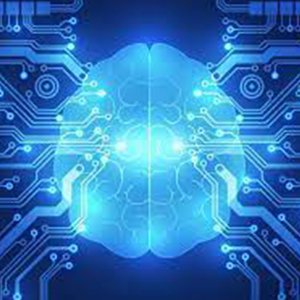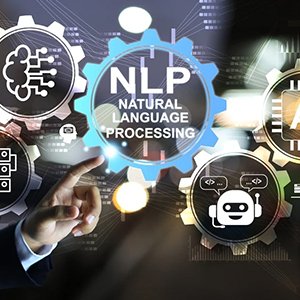MCA Projects
Master of Computer Applications (MCA) is a postgraduate program designed to provide in-depth knowledge and practical skills in the field of computer science and software development. Spanning three years (or two years for lateral entry), the MCA program equips students with expertise in areas such as programming, database management, software engineering, web development, mobile application development, cloud computing, data analytics, and cybersecurity. The curriculum is structured to balance theoretical learning with real-time practical application through lab sessions, mini projects, case studies, and internships. MCA students gain hands-on experience with industry-standard tools and technologies like Java, Python, .NET, PHP, Android, SQL, and modern frameworks. With a strong focus on problem-solving and system design, the program prepares graduates for roles in software development, IT consulting, system analysis, data science, and project management. MCA also serves as a gateway to advanced research, certifications, or Ph.D. programs for those inclined toward academia or innovation, with MCA Projects assistance in 3k available to help students successfully complete their academic requirements.
Artificial Intelligence
Artificial Intelligence (AI) refers to the simulation of human intelligence in machines designed to think, learn, and make decisions. It enables systems to perform tasks such as language understanding, image recognition, problem-solving, and data analysis.
Block Chain
Blockchain is a decentralized, distributed digital ledger that securely records transactions across a network of computers without the need for a central authority. Each transaction is grouped into a “block” and linked to the previous one, forming a secure and chain.
Cyber Security
Cybersecurity is the practice of protecting computer systems, networks, and data from digital attacks, unauthorized access, and damage. It involves implementing measures like firewalls, encryption, antivirus software, and secure authentication to defend
against threats.
Data Science
Data science is a multidisciplinary field that combines statistics, computer science, and domain knowledge to extract meaningful insights from structured and unstructured data. It involves data collection, cleaning, analysis, visualization, and the use of machine learning algorithms.
Deep Learning
Deep learning is a subset of machine learning that uses artificial neural networks with multiple layers to model and understand complex patterns in data. It mimics the way the human brain processes information, making it highly effective for tasks like image and speech recognition.
Machine Learning
Machine learning is a branch of artificial intelligence that enables computers to learn from data and improve their performance on tasks without being explicitly programmed. It uses algorithms to identify patterns, make predictions, and automate decision-making processes based on historical data.
Natural Language Processing
Natural Language Processing (NLP) is a field of artificial intelligence that focuses on enabling computers to understand, interpret, and generate human language. It combines linguistics, computer science, and machine learning to process text and speech in a way that is meaningful to users.








